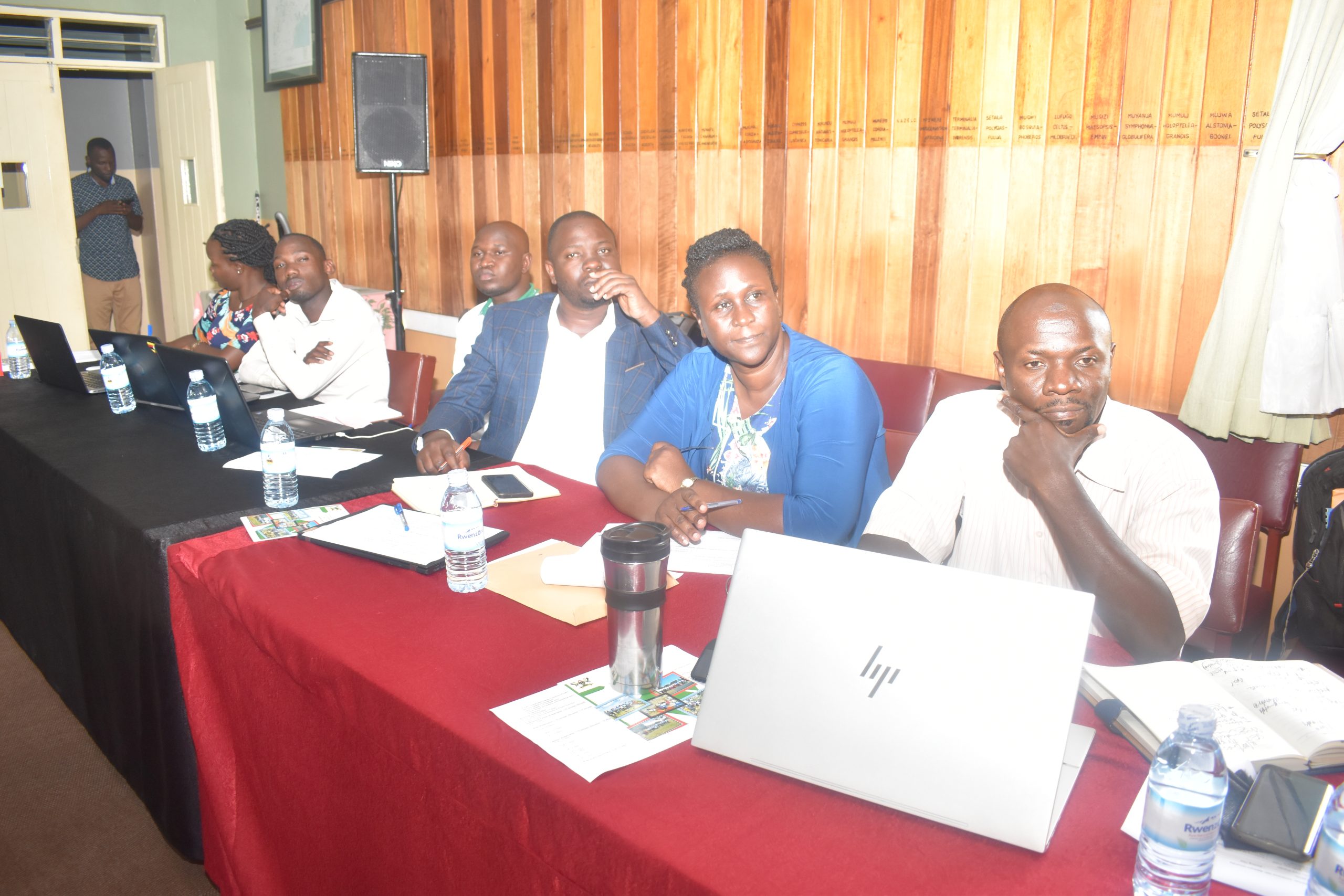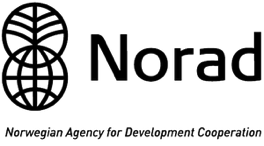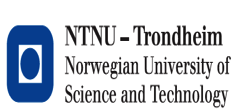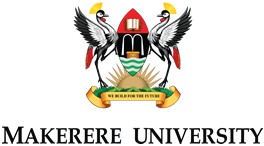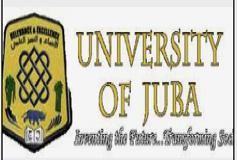- Home
- About Us
About Us
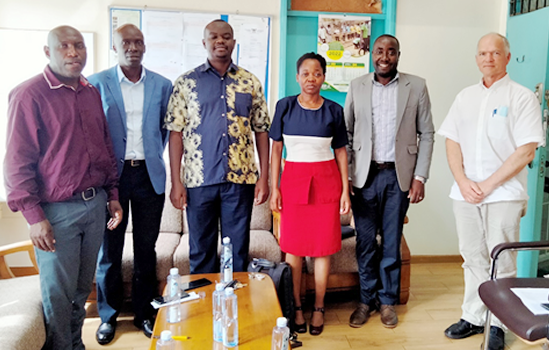
Capacity Building for Socially Just and Sustainable Energy Transitions (SET Project)
Our Goal
Humanities and Social Sciences, Energy, and Climate Change and Natural Resources
- Deliver ultimate industrial services.
- We are committed to serve you better.
- Have worlds best team.
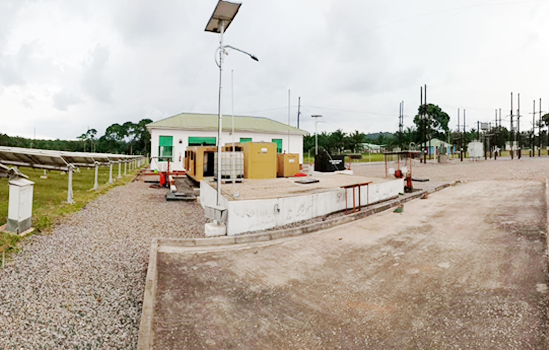
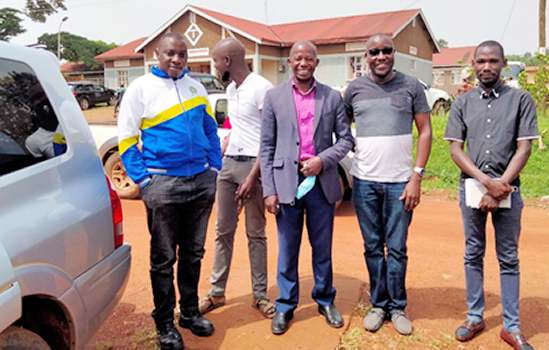
Our Contribution to Sustainable Development Goals (SDGs)
By building capacity for socially just and sustainable energy transitions in East Africa, the project will directly contribute to the attainment of sustainable development goals 4, 5, 7, 13 and 17. The project will directly affect SDG 7 on energy, specifically target 7.1 to ensure universal access to affordable, reliable and modern energy services, 7.2 to increase the share of renewable energy in the global energy mix and 7.A to enhance international cooperation to facilitate access to clean energy research and technology. More specifically, in one of the case studies, taking our point of departure from the principle of “leaving no one behind in the pursuing of the SDGs”, research on energy transitions will focus on displaced communities. Dissemination of the project‘s research results will contribute evidence to energy policy and programme design and implementation in general and within the displaced communities in particular. This will ensure that displaced communities, which often are not part of the national energy planning processes, are not left behind in the transition to low carbon energy systems. Secondly, the project directly affects SDG 13, particularly target 13.2 to integrate climate change measures into national policies, strategies and planning.
The project will further contribute to SDG 5 on gender equality through targeting 5.5 to ensure women’s full and effective participation and equal opportunities for leadership at all levels of decision-making in political, economic and public life and 5.C to adopt and strengthen sound policies and enforceable legislation for the promotion of gender equality and the empowerment of all women and girls at all levels. The project will also directly address SDG 4 on quality education, particularly target 4.3 on ensuring affordable and quality higher education for men and women and target 4.5 on eliminating gender disparities in education. Others relevant targets include target 4.7 on ensuring that all learners acquire the knowledge and skills needed to promote sustainable development, 4.B on increasing the number of scholarships available to developing countries and 4.C on increasing the supply of qualified teachers. Finally, the project will directly contribute to SDG 17 on enhancing global partnerships for sustainable development through target 17.6 on supporting North-South and South-South international cooperation on science, innovation and technology and knowledge sharing and target 17.9 on enhancing international support for capacity building in developing countries. In more indirect terms, the project will contribute to SDG 1 on ending poverty, SDG 3 on good health and wellbeing, SDG 8 on decent work and economic growth, SDG 10 on reduced inequalities, SDG 11 on sustainable cities and communities and SDG 16 on peace, justice and strong institutions.
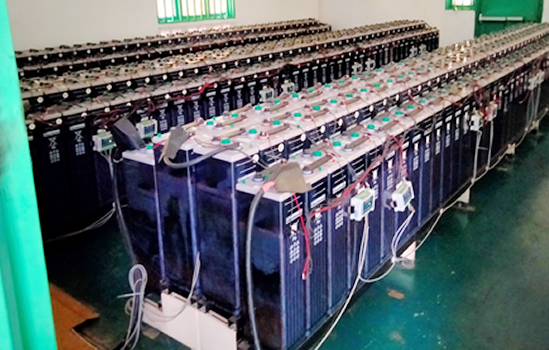
Project interventions will be informed by four cross-cutting research themes (RTs):
RT 1: Geographies of energy transition in East Africa
RT 2: Stranded assets and green growth in East Africa: Role for state and non-state actors
RT 3: Inclusive engagement in energy transitions: Gender, participation and justice
RT 4: Energy infrastructure, environmental impacts and changing social practices
